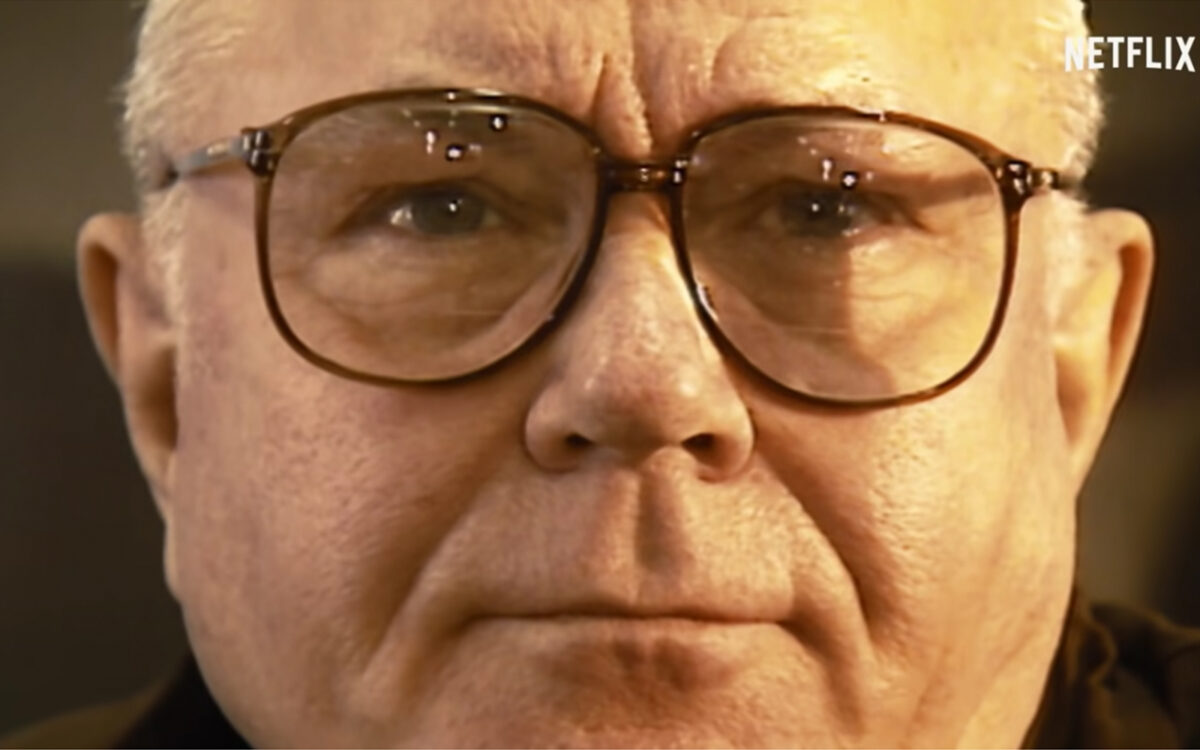Several days ago, Nazi war criminal Friedrich Karl Berger was deported to Germany from the United States, where he had lived quietly for the past 62 years. Now 95, he served as an armed guard at a sub-camp of the Neuengamme concentration camp near Meppen, Germany.
Removed from his home in Oak Ridge, Tennessee, under the Holtzman Amendment of the Immigration and Nationality Act, he now faces the real prospect of spending his final days in prison, like a handful of low-level guards who were accessories to mass murder during the Holocaust.
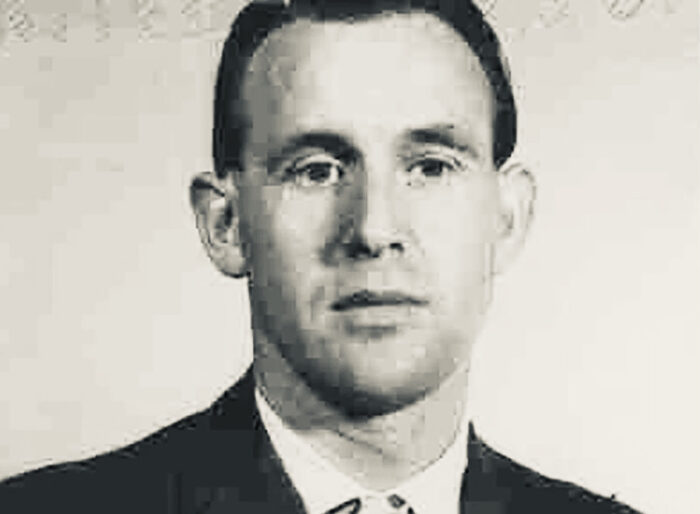
Until about a decade ago, the 6,000 or so men and women who were employed as guards or administrators at Nazi concentration camps were rarely brought to justice and could expect to live out their lives without fear or punishment.
Shortly after Germany’s defeat in World War II, the Allied powers focused their efforts on catching and prosecuting the big fish in the Nazi pond, ranging from Hermann Goring and Albert Speer to Julius Streicher and Hans Frank. They were among the defendants in the 1946 Nuremberg trial.
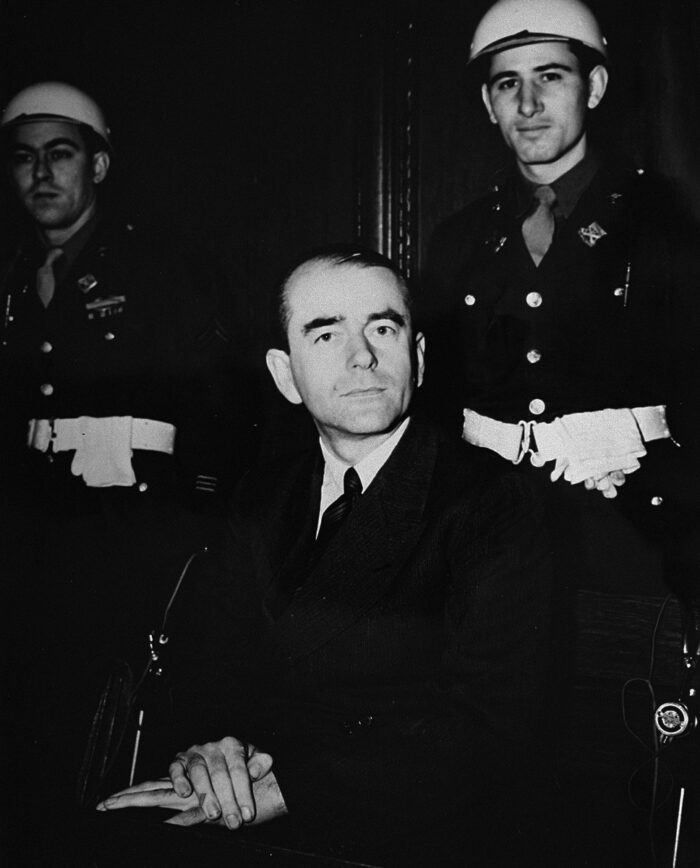
During the postwar period, West Germany and East Germany continued to pursue high-profile war criminals.
But in 2011, after a judge convicted Ukrainian American citizen John Demjanjuk of being an accessory in the murder of 28,000 Jews at the Sobibor extermination camp in Nazi-occupied Poland, there was a discernible shift in the manner in which Germany tracked and prosecuted people who had committed war crimes.
Since then, local prosecutors throughout Germany have brought forward the cases of some 200 Germans, virtually all in their 90s, suspected of having been involved in such crimes. Only a handful of these investigations have led to criminal charges and trials.
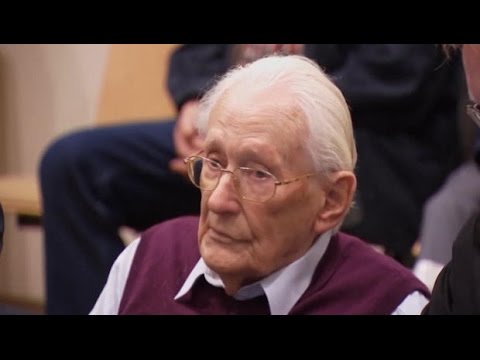
Oskar Groning was sentenced to four years in prison in 2015 after being convicted of complicity in the murder of 300,000 Hungarian Jews at the Auschwitz-Birkenau concentration camp in the summer of 1944. A former member of the SS, he was an administrator there. Groning appealed and avoided imprisonment. He died in 2018, but the Federal High Court of Justice in Germany upheld his conviction.
Reinhold Hanning, an SS guard at Auschwitz from 1942 to 1944, was found guilty in 2016 of the murder of 170,000 Jews, but he, too, died before he could be locked up.
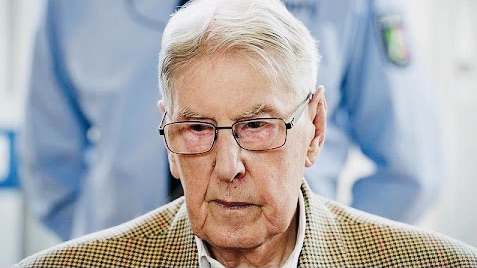
Prior to his death in 2017, he apologized to several of the victims who had sat in court during his trial. “I want to say that it disturbs me deeply that I was part of such a criminal organization,” he said. “I am ashamed that I saw injustice and never did anything about it and I apologize for my actions. I am very, very sorry.”
Bruno Dey, a guard at Stutthof concentration camp, was convicted of 5,230 counts of accessory to murder. But because he was a teenager while on duty, he was treated as a juvenile and got off lightly with a two-year suspended sentence.
In the past year, three Germans whose identities have yet to be released — two men and a woman who worked as guards at the Sachsenhausen concentration camp and as a secretary at Stutthof — were convicted of complicity in the deaths of thousands of inmates.
These cases prove that German citizens who performed guard duty or administrative tasks at Nazi concentration camps are no longer immune from prosecution. They will face the consequences, regardless of age, and will not be able to exploit statute of limitations to weasel out of their crimes.
Nazi hunter Efraim Zuroff has pointed out that none of these defendants, due to their advanced ages, has been thrown into jail. To Zuroff, this is not the most important issue. “The larger question is whether conventional justice can do justice to a tragedy of the scope of the Holocaust,” he said. “The answer is not black and white. The justice that’s achieved in certain respects is only symbolic justice, but symbolic justice has its purpose and value.”
